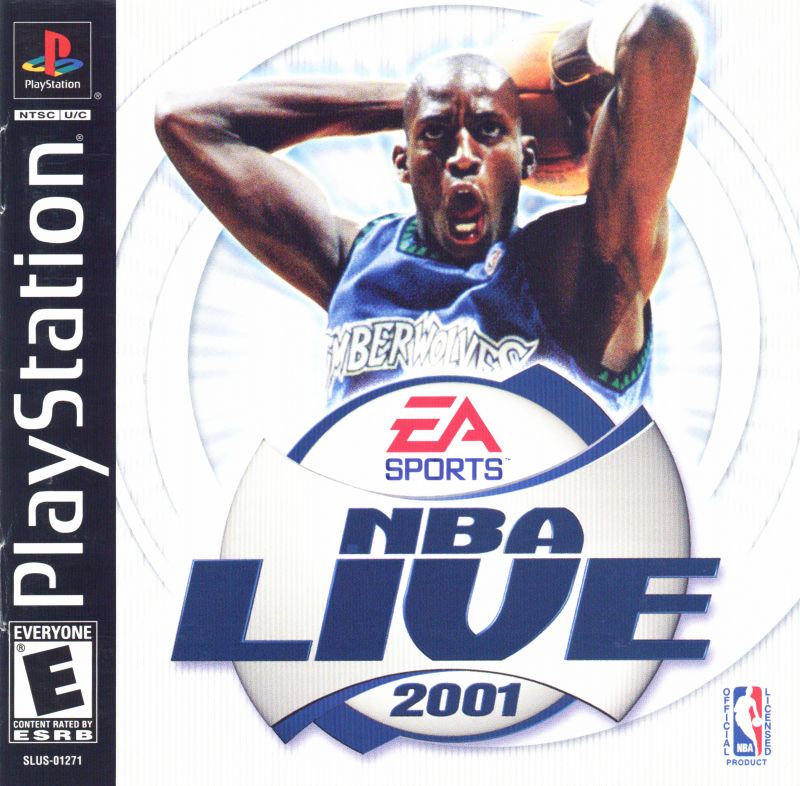

It was, however, Nintendo's first console to use interchangeable game cartridges.
#Nba live 2003 ps1 cover tv#
The Famicom wasn't Nintendo's first home console-that honor goes to the Japan-only "Color TV Game" consoles, which were inexpensive units designed to play a few different variations of a single, built-in game.

From Japanese beginnings to American triumphs The system that began this cycle, resuscitating the American video game industry and setting up the third-party game publisher system as we know it, was the original Nintendo Entertainment System (NES), launched in Japan on July 15, 1983, as the Family Computer (or Famicom). Today, in celebration of the original Famicom's 30th birthday, we'll be taking a look back at what the console accomplished, how it worked, and how people are (through means both legal and illegal) keeping its games alive today. For gamers born in or after the 1980s, this cycle has remained familiar even as old console makers have bowed out (Sega, Atari) and new ones have taken their place (Sony, Microsoft). The systems will launch in time for the holidays, each will have one or two decent launch titles, there will be perhaps a year or two when the new console and the old console coexist on store shelves, and then the "next generation" becomes the current generation-until we do it all again a few years from now. We're right on the cusp of another generation of game consoles, and whether you're an Xbox One fanperson or a PlayStation 4 zealot, you probably know what's coming if you've been through a few of these cycles. In honor of Uemura's career and his lasting impact on the game industry, we're republishing this 2013 piece we ran on the Famicom's 30th birthday, diving deep into the technical details of the system and exploring its history and legacy. Uemura worked at Nintendo from 1971 to 2004 and oversaw notable accessories like the Famicom Disk System and the Super Famicom's Satellaview modem accessory.

Update, December 9, 2021: Masayuki Uemura, the lead architect for both the Famicom and Super Famicom, passed away on December 6 at the age of 78.


 0 kommentar(er)
0 kommentar(er)
